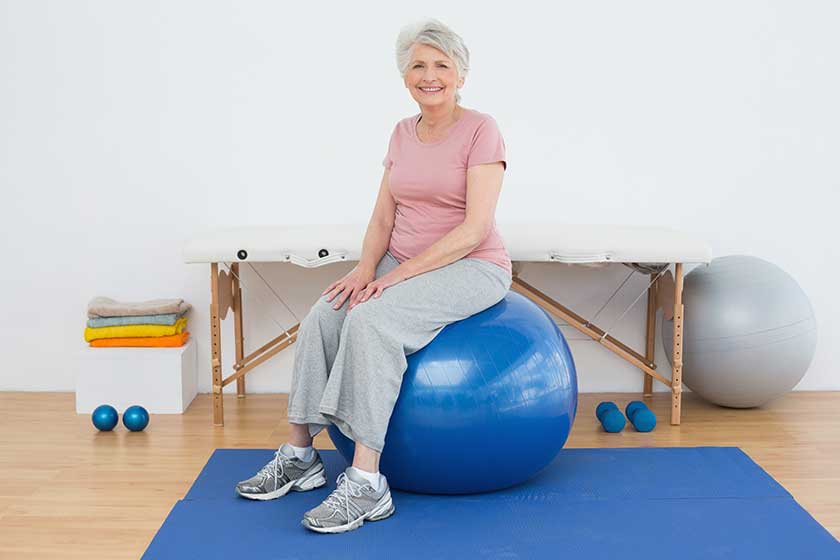As we age, our risk of developing Alzheimer’s disease increases. This can be a frightening prospect for many of us, but there are steps we can take to lower our risk of developing this debilitating condition. One way to do this is to adopt a healthy lifestyle in 55+ communities. In this blog post, we’ll explore how a healthy lifestyle can help lower the risk of Alzheimer’s disease and improve overall health in 55+ communities.
What is Alzheimer’s Disease?
Alzheimer’s disease is a progressive brain disorder that affects memory, thinking, and behavior. The disease is the most common cause of dementia in older adults, with more than five million Americans living with the condition. While the cause of Alzheimer’s disease is not fully understood, research suggests that a combination of genetic, environmental, and lifestyle factors may contribute to its development.
Adopting healthy lifestyle habits can help reduce the risk of developing Alzheimer’s disease. In 55+ communities, there are numerous opportunities to incorporate these habits into daily life. These may include:
Regular Exercise
Regular exercise is an important part of a healthy lifestyle, and it can help lower the risk of Alzheimer’s disease. Exercise helps improve cardiovascular health, which in turn can reduce the risk of developing Alzheimer’s disease. Additionally, exercise can help reduce inflammation in the brain and increase the production of brain-derived neurotrophic factor (BDNF), which can help protect the brain from damage.
Balanced Nutrition
Balanced nutrition is essential for maintaining good health and reducing the risk of Alzheimer’s disease. In 55+ communities, residents can take advantage of healthy meal options and cooking classes to learn how to prepare nutritious meals. A diet rich in fruits, vegetables, whole grains, lean protein, and healthy fats can help reduce the risk of Alzheimer’s disease.
Mental Stimulation
Mental stimulation can help reduce the risk of Alzheimer’s disease by keeping the brain active and engaged. In 55+ communities, there are many opportunities to engage in mental stimulation, such as taking classes, learning a new skill, or participating in brain games. Regular mental stimulation can help improve cognitive function and reduce the risk of Alzheimer’s disease.
Social Engagement
Social engagement is an important aspect of a healthy lifestyle and can help reduce the risk of Alzheimer’s disease. In 55+ communities, residents can participate in social activities, clubs, and events to stay engaged and connected. Social engagement can help reduce stress and anxiety, which can contribute to the development of Alzheimer’s disease.
Quality Sleep
Quality sleep is essential for good health and can help reduce the risk of Alzheimer’s disease. In 55+ communities, residents can take advantage of quiet living environments and comfortable living spaces to ensure quality sleep. Sleep can help improve cognitive function and reduce the risk of Alzheimer’s disease.
Alzheimer’s disease is a devastating condition that affects millions of Americans. While there is currently no cure for the disease, adopting a healthy lifestyle can help reduce the risk of developing it. By incorporating these habits into daily life, residents can improve their overall health and reduce the risk of Alzheimer’s disease. As we age, it’s important to prioritize our health and well-being, and 55+ communities can be an ideal place to do so.







